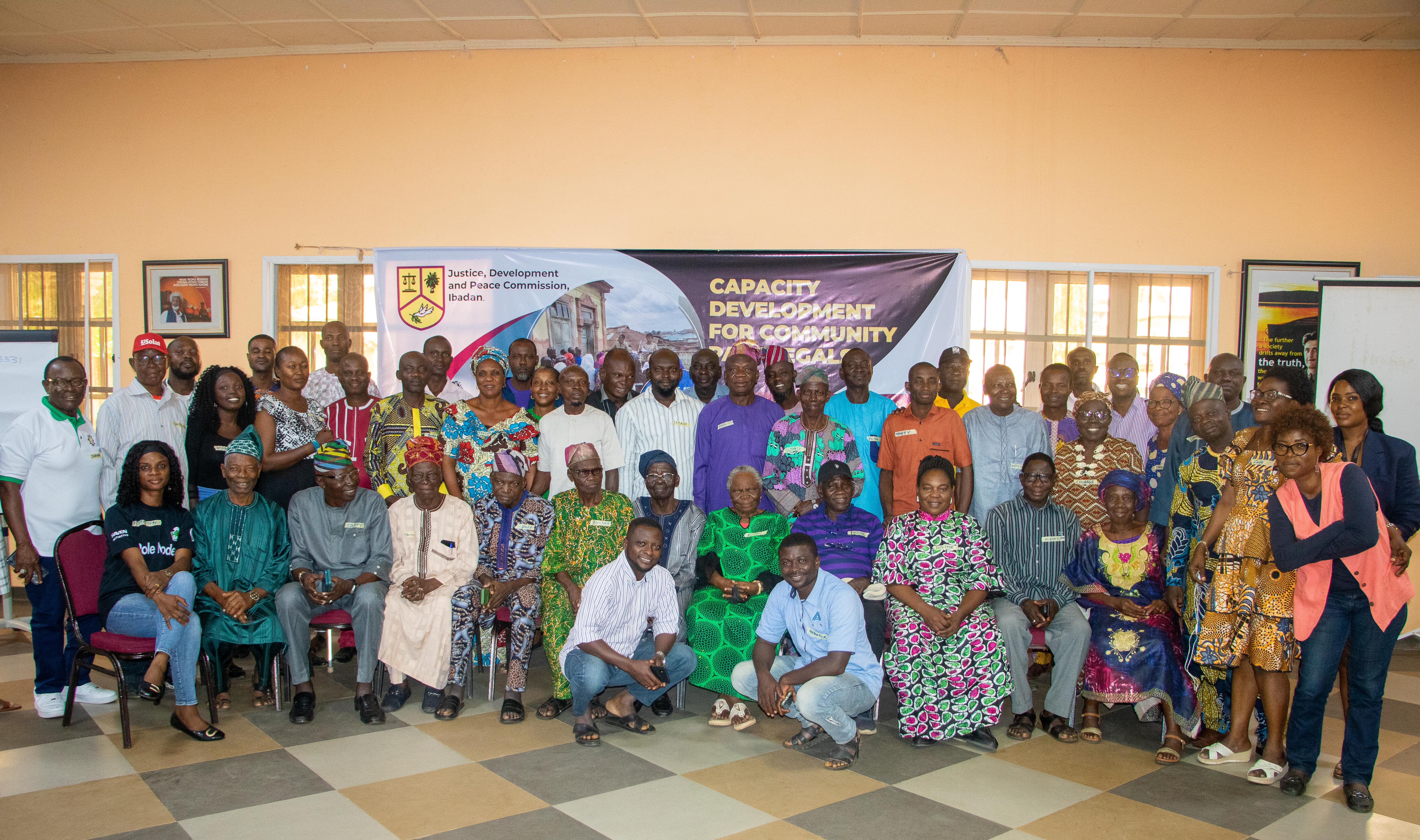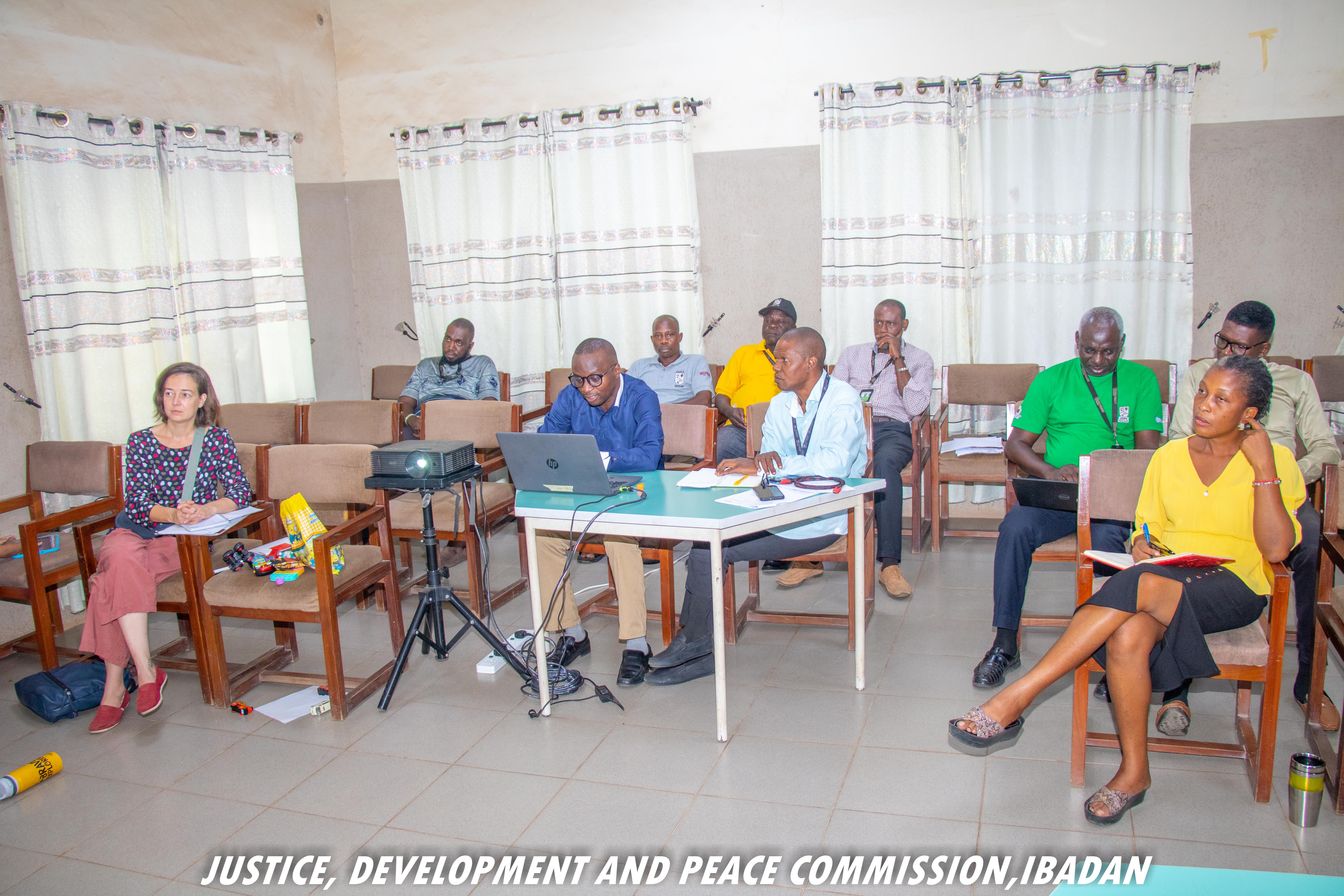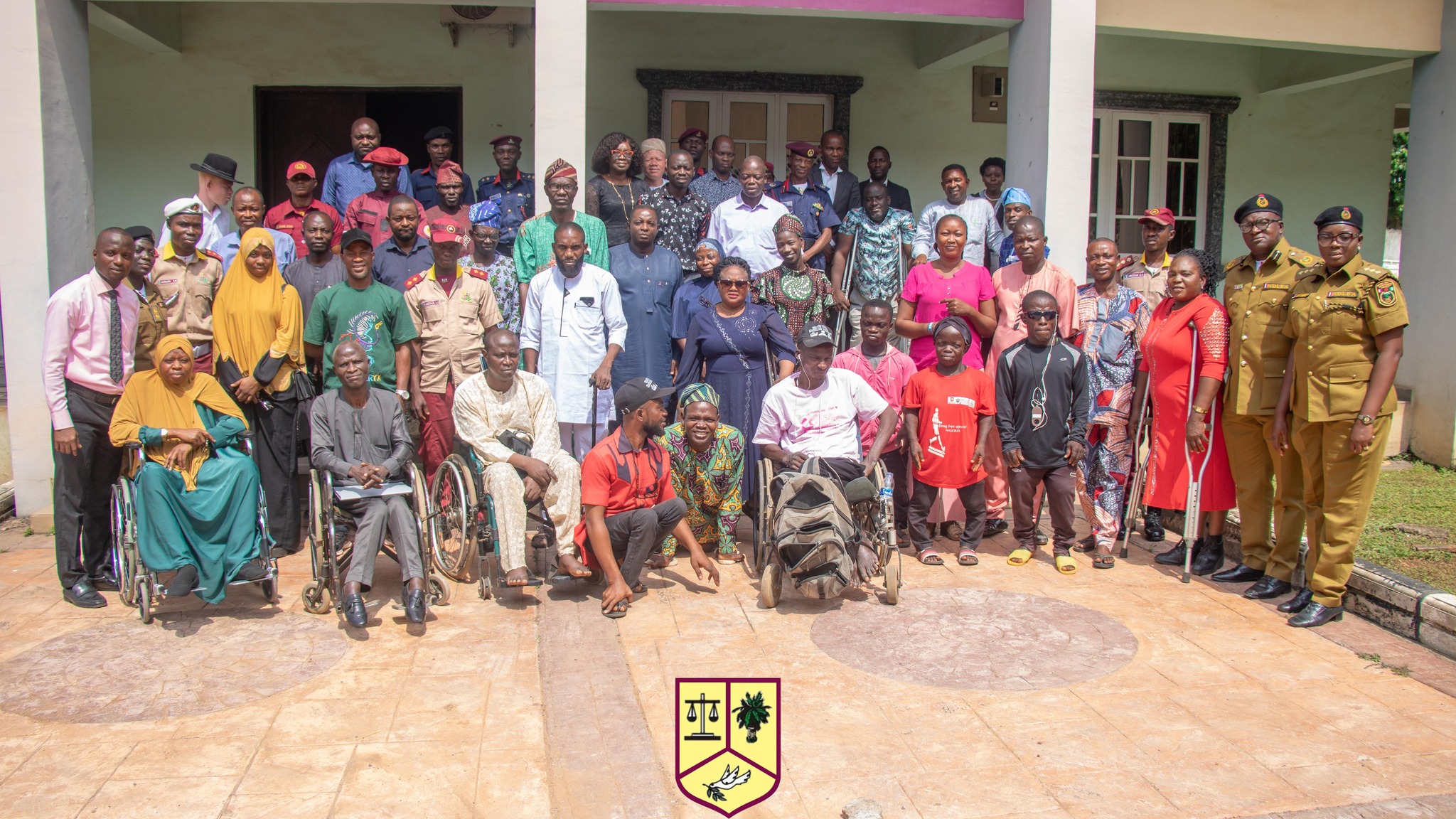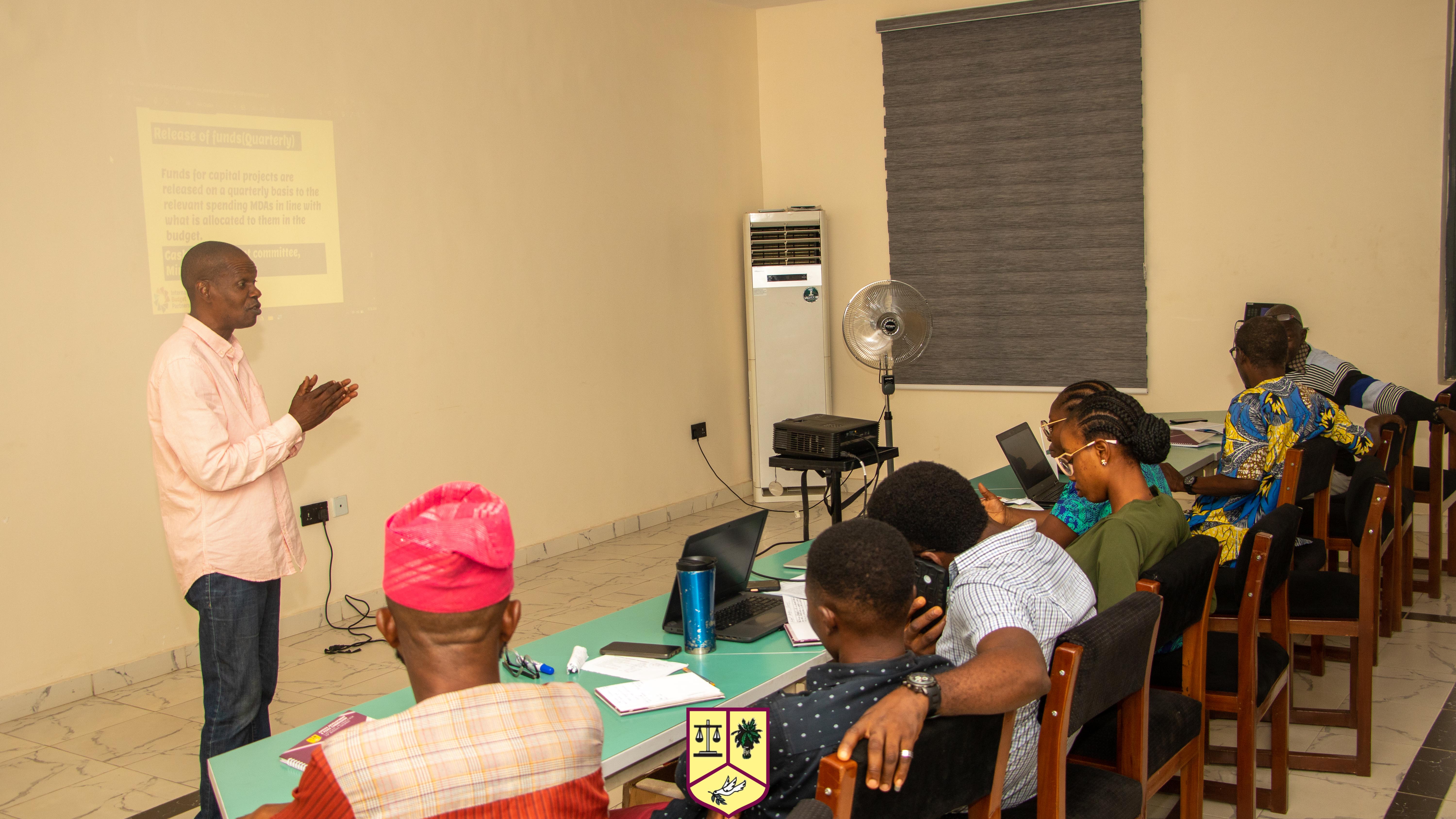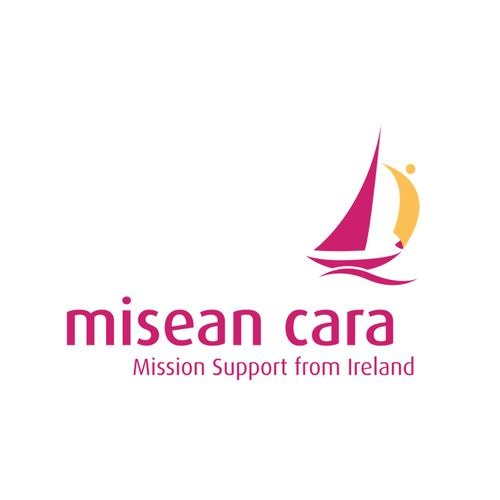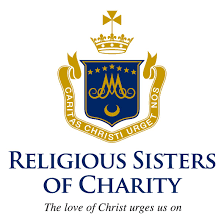.jpg)
Community Service Program
Community service as an alternative to imprisonment represents a modernized restorative form of justice that takes into consideration: the society, the offender and the aggrieved parties. It postulates that minor, petty or non – serious offenders should not be imprisoned except in deserving cases as imprisonment may turn them into potentially dangerous citizens while those who commit serious or violent offences should still be imprisoned for the protection of society.
The initiative of the programme was birthed as a result of lack of viable non-custodial alternatives to imprisonment as a punishment which has plagued the Nigerian criminal justice system for a long period of time.
Prison overcrowding poses a major problem to Nigeria’s penal system and to the country’s administration of justice in general. This was the finding that led to the legislative advocacy for the establishment of community service punishment scheme, a non-custodial alternative to imprisonment in Oyo State and the eventual success story which brought us to the current implementation phase of monitoring the community service scheme in Oyo State.
The Community Service Programme of the Justice, Development and Peace Commission (JDPC) Ibadan is focused on the reduction of prison population by advocating for and ensuring that offenders of minor and petty crimes are not sentenced to prison custody. In other words, the community service programme is aimed at the promotion of community service punishment as a form of non-custodial sentencing.
It is pertinent to note that the goal of introducing alternatives to prison is not only to address the problem of overcrowding in prisons. Rather, the use of alternatives to reflect a fundamental change in the approach to crime, offenders and their place in society; thereby changing the focus of penitentiary measures from punishment and isolation, to restorative justice and reintegration. When accompanied by adequate support for offenders, it assists some of the most vulnerable members of the society to lead a life without having to relapse back into criminal behavioral patterns. Thus, the implementation of sanctions within the community, rather than through a process of isolation from it, offers in the long term better protection for the society.
Prior to the enactment of Community Service Punishment Law, imprisonment (incarceration) was the major form of punishment for all categories of offences, including, felonies and simple offences/misdemeanors; while the singular other alternative was the option of fine. Given the economic reality of most offenders of simple offences, a large percentage of such offenders were unable to meet up with the option of fine thereby leaving them with no choice than to carry out a sentence of imprisonment after awaiting trial for a lengthy period of time in prison custody over misdemeanors.
After vigorous legislative advocacy and lobby, the community service bill of Oyo State which was initially presented to the Oyo State House of Assembly (7thAssembly) in February 2013 was eventually passed to Law by the 8th Assembly of the Oyo State House of Assembly in October 2016. The Law has since then been used by Magistrates and presidents of grade ‘A’ customary courts in Oyo State.
The community service initiative was therefore put into consideration with the sole aim of decongesting the prisons in Oyo State and in turn ensuring our society is a reasonably peaceful place to live for both the rich and the poor.
It is noteworthy that magistrates and presidents of Grade “A” Customary Courts have been invaluable in the implementation of the community service. Without their commitment, the enactment of the Community Service Punishment Law 2016 would have been an exercise in futility.
These judicial officers work hard to ensure that this scheme achieves its objectives. Between January 2018 and July 2020, three hundred and sixty (361) offenders of minor offences have been sentenced to community service in Oyo state. This goes to show that at the least, 361 offenders of minor offences who would have been sentenced to prison custody are given the option of paying for their crimes by engaging in community service thereby making them useful to the society while reducing the number of inmates in custody.
It is pertinent to mention that on the part of the Oyo State Judiciary who is a major stakeholder there is a record of three hundred and seventy-one(361) offenders so far dating from July 2017 to July 2020.The change in figure is due to the fact that the implementation of the community service sentencing had already kicked off towards the tail end of the second phase of the project, therefore skeletal monitoring was on-going pending the approval of this current phase by our funding partners in January 2018.
It is also pertinent to state that the scheme is gradually gaining popularity in the administration of criminal justice in the State. So much that High court Judges have also started exploring community service as an alternative to imprisonment for repentant defendants and in other exceptional circumstances.
Government agencies are also beginning to utilise the provisions of community service punishment. Many of the defendants sentenced to community service from the high court were as a result of a plea deal entered into with prosecuting agencies.
We also have records of Presidents and members of Grade “C” customary courts exploring community service punishment for minor offenders. In the course of the year, we hope to train and incorporate them properly into the scheme; as most of the matters within their jurisdiction fall under the purview of the Community Service Punishment Law.
The Scheme and the State were thrust into limelight internationally as a result of a comprehensive research of the scheme conducted by a German journalist. This led to a robust story on the community service scheme of the State published in 3 German national dailies.
Numerous enlightenment and sensitization workshops were also organized for stakeholders such as the Judiciary (Magistrates, Grade "A” customary court Presidents, court registrars e.t.c), Ministry of Justice (Prosecutors), Nigerian Police Force, Nigerian Bar Association (Defense Attorneys), religious leaders, community leaders/social development officers , traditional leaders, students, youths and social activists from time to time to publicize the community scheme particularly in the previous phases of the project.
This laudable initiative by JDPC Ibadan has birthed innovative results which ensure that offenders of minor offences are not sentenced to prisons in Oyo State. This stems the influx of offenders of minor offences in prison custody and in turn leads to a reduction in prison population; which is the major goal of the initiative and one of the goals of the organization as a whole.
As a means to ensuring the proper implementation of the community service scheme, the Oyo State judiciary created Community Service Units within the State and created the offices of community service officers and field officers whose primary duty is to handle offenders who are sentenced to community service. These community service officers and field officers are new employees of the Oyo State Judiciary due to the intervention of JDPC Ibadan and their salaries are paid by the Oyo State Government.
As of present on the Scheme has achieved between the year July 2020 till June 2023 we have a total of 1037 offenders who have been sentenced to community service for committing simple offences via this intervention while 376 offenders have undergone counseling through the rigorous effort of our partners at rendering psychosocial supports to these offenders.
It is our vision that, even in the cause of propagating this Scheme in other South Western States; the future of this Scheme in the Pace Setter remains sustainable and continues to breed further liberating and ingenious process of restorative justice which shall be in conjunction with the changing phase of the Nigerian Criminal Justice System.

